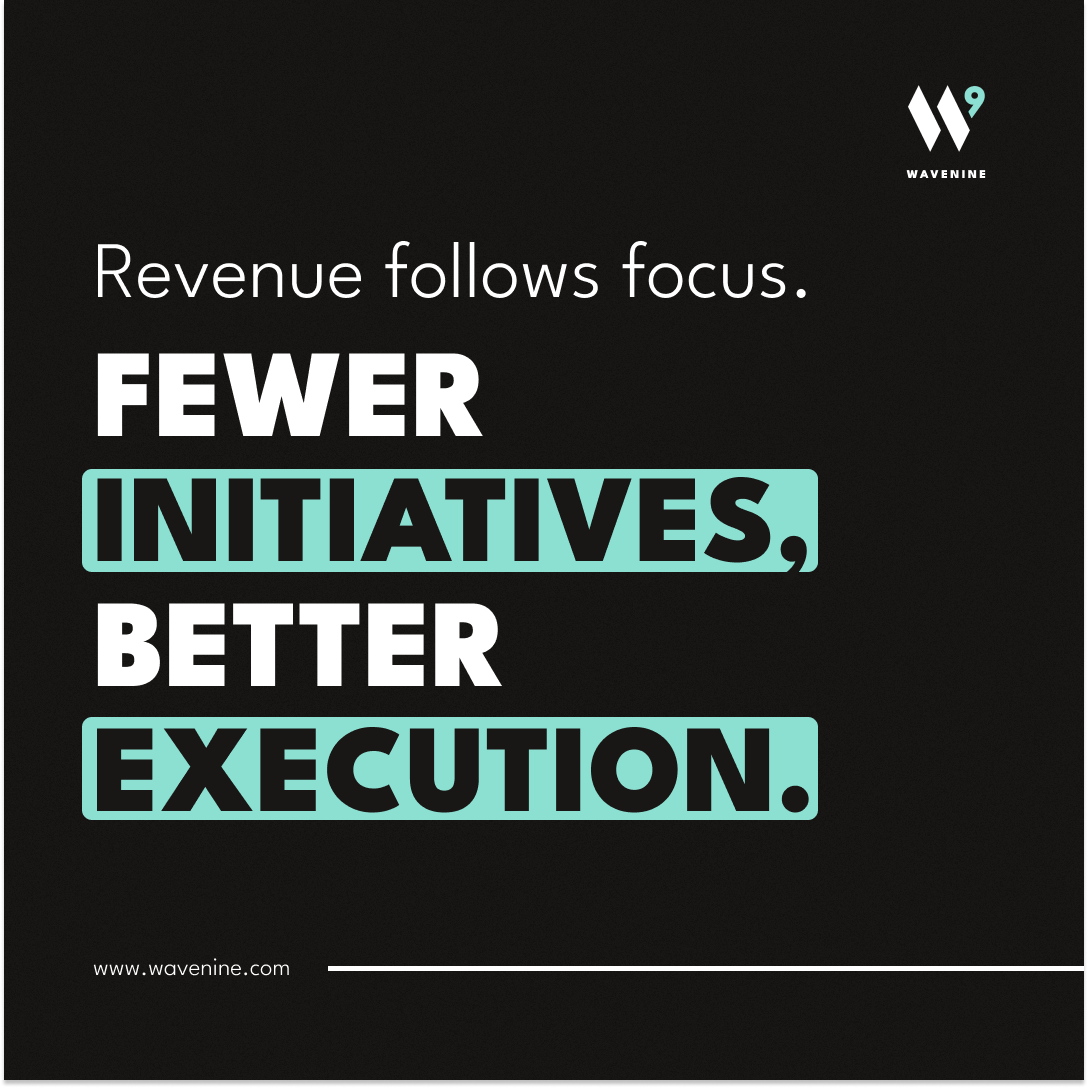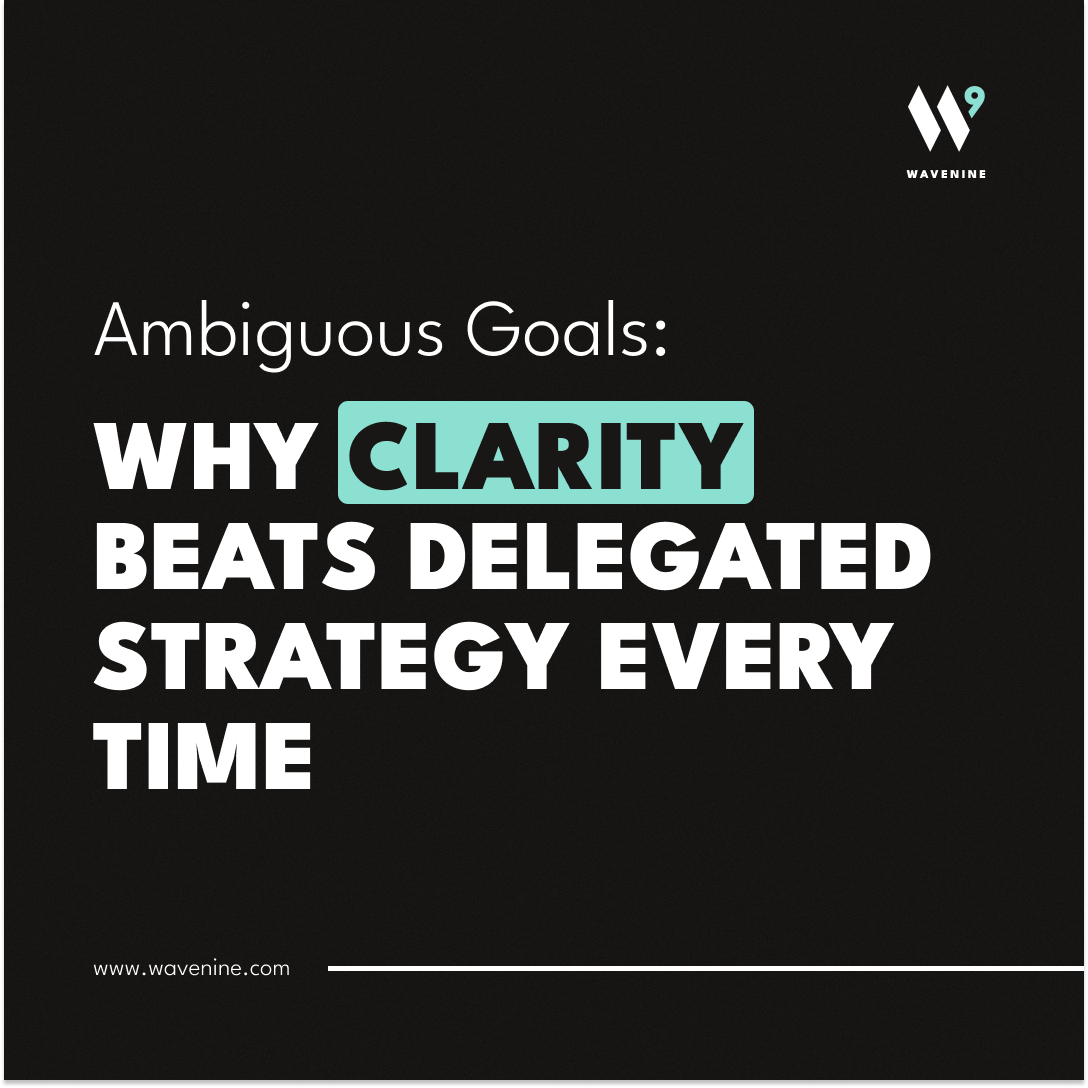Where your time really goes and what that says about your strategy
Most teams don’t fail at OKRs because they forget their goals—they fail because of how they spend their time. Learn the simple Monday habit that fixes it.
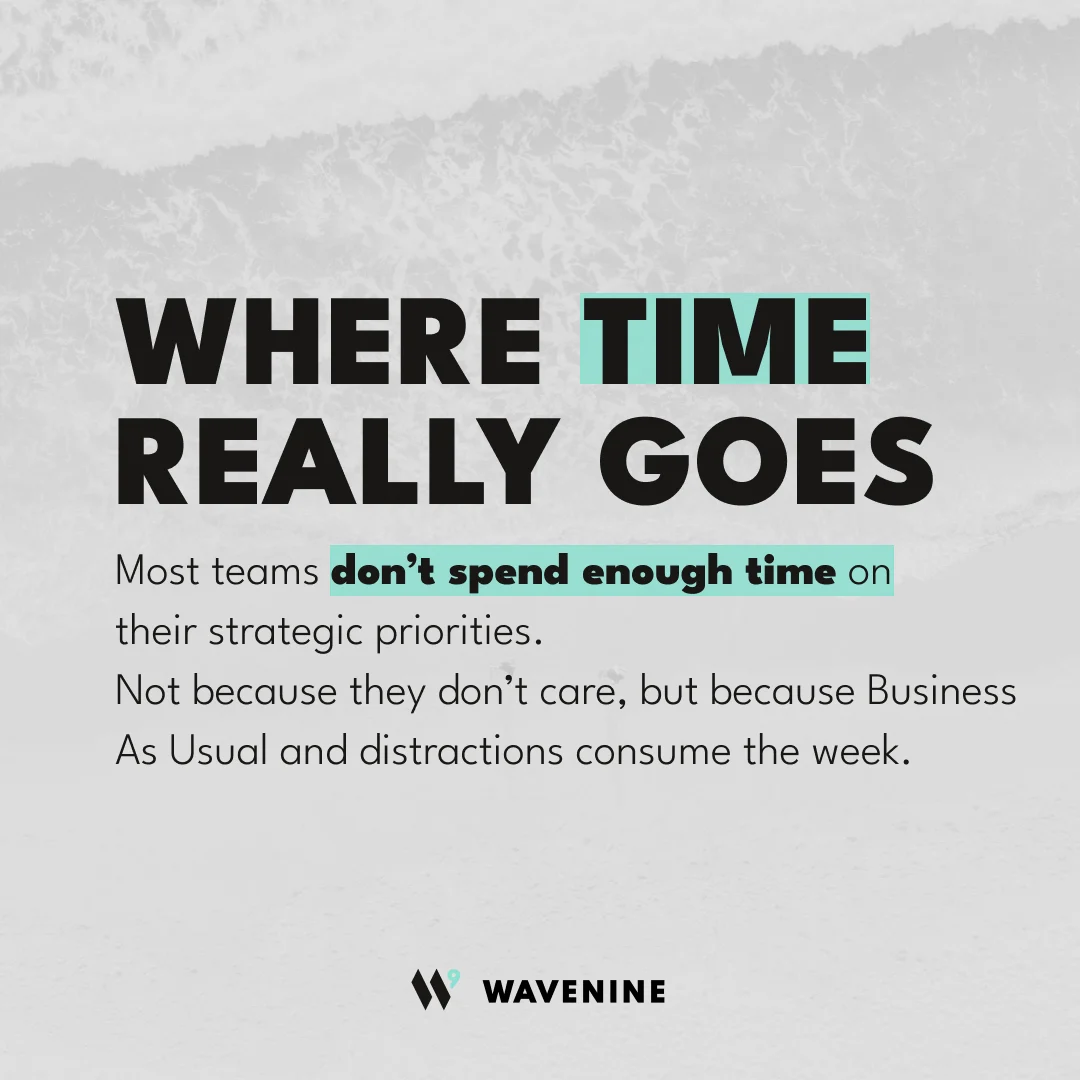
Where your time really goes and what that says about your strategy
It’s Monday morning, and most of us are staring at our calendars.
It’s already packed with meetings, check-ins, and a few things you know will probably get pushed around.
In between those, you’re supposed to make progress on your big priorities, your OKRs.
But by mid-morning, you’re already caught up in a Slack thread about something urgent (but not that important).
This isn’t unusual.
We don’t intentionally ignore our big goals.
But somehow, everything else always seems to get in the way first.
When we work with organizations, this is one of the first patterns we see.
Teams say they’re focused on big priorities such as driving growth, improving retention, launching that new product line, but the actual week-to-week looks nothing like that.
What we see instead is this:
- A small slice of time actually goes toward strategic priorities, the OKRs.
- A much larger share is consumed by recurring meetings, operational updates, last-minute requests, and “just five minutes” distractions.
Nobody expects OKRs to take over your entire calendar.
That’s not realistic.
But if they only account for 5–10% of your time?
The kind of change those goals are meant to drive doesn’t stand a real chance.
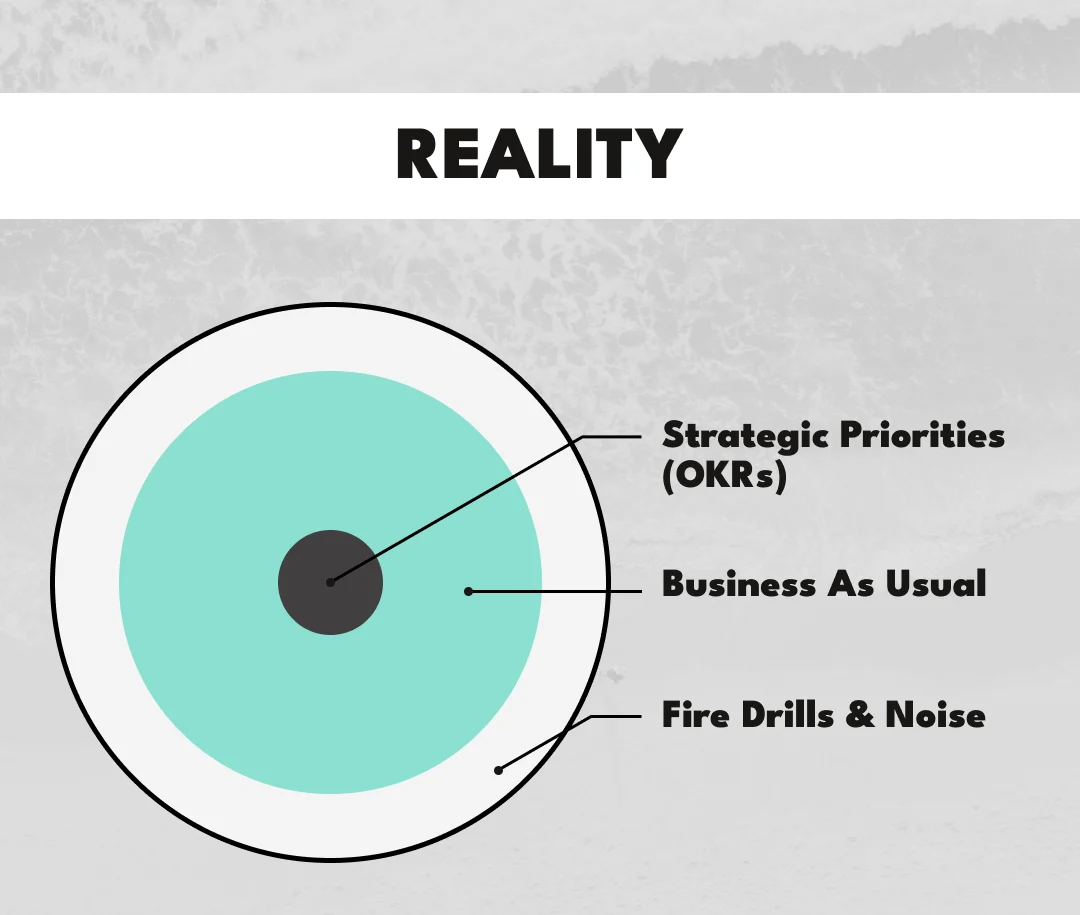
Strategy doesn’t fail overnight.
It fades slowly, not because of one big misstep, but from hundreds of little compromises on time and focus.
And it happens quietly.
What starts as a small distraction quickly becomes the norm.
Everyone’s doing it, so it feels like it’s just part of the job.
But here’s the thing: it’s not about working harder.
It’s about being more intentional with your time.
Without realizing it, we end up with a default schedule that gives our boldest goals whatever time is left over.
That’s fine if you’re just trying to keep things running.
But if you’re trying to transform a product, launch a new revenue stream, or change your business model, leaving those big goals to the edges of your calendar won’t cut it.
You can’t leave that kind of work to the margins.
Change doesn’t happen in leftover time.
A small habit that makes a big difference
When we coach teams at Wave Nine, we encourage one simple habit:
Every Monday, open your calendar and your OKRs side by side.
Ask:
- What are the 1–2 key results I need to move this week?
- Where is the time blocked to work on them?
- What needs to be rescheduled, declined, or dropped?
Ideally, your strategic priorities, your OKRs, start to take up more of your time.
These are the areas where change is needed most.
Because if the calendar and the strategy aren’t connected, neither are your actions and your outcomes.
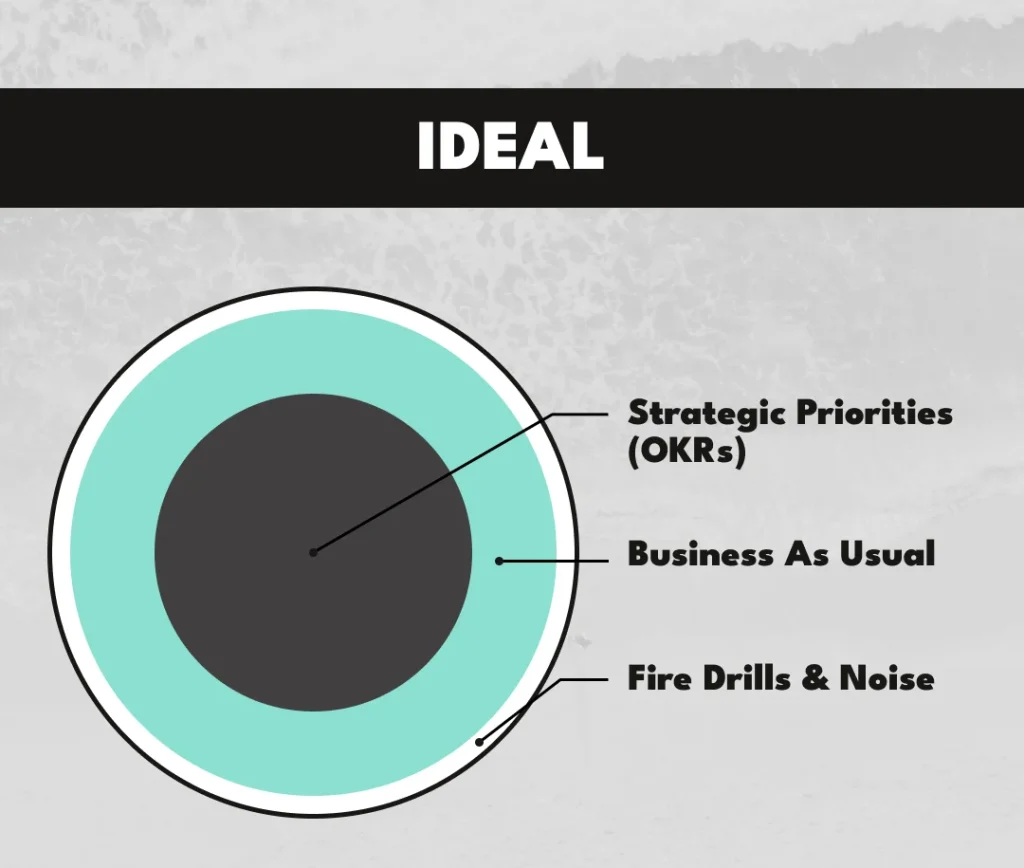
The Takeaway
OKRs don’t fail because people forget.
They fail because we let everything else rush in and take over.
So the next time you wonder why progress feels slow, don’t look at your goals, look at your week.
Strategy isn’t a statement.
It’s a pattern of time.
And Monday?
Monday is your best chance to reset it.
Other Articles
Get the inside scoop on OKRs
Sign up to our newsletter to get OKR tips, tricks, and insights delivered directly to your inbox!


